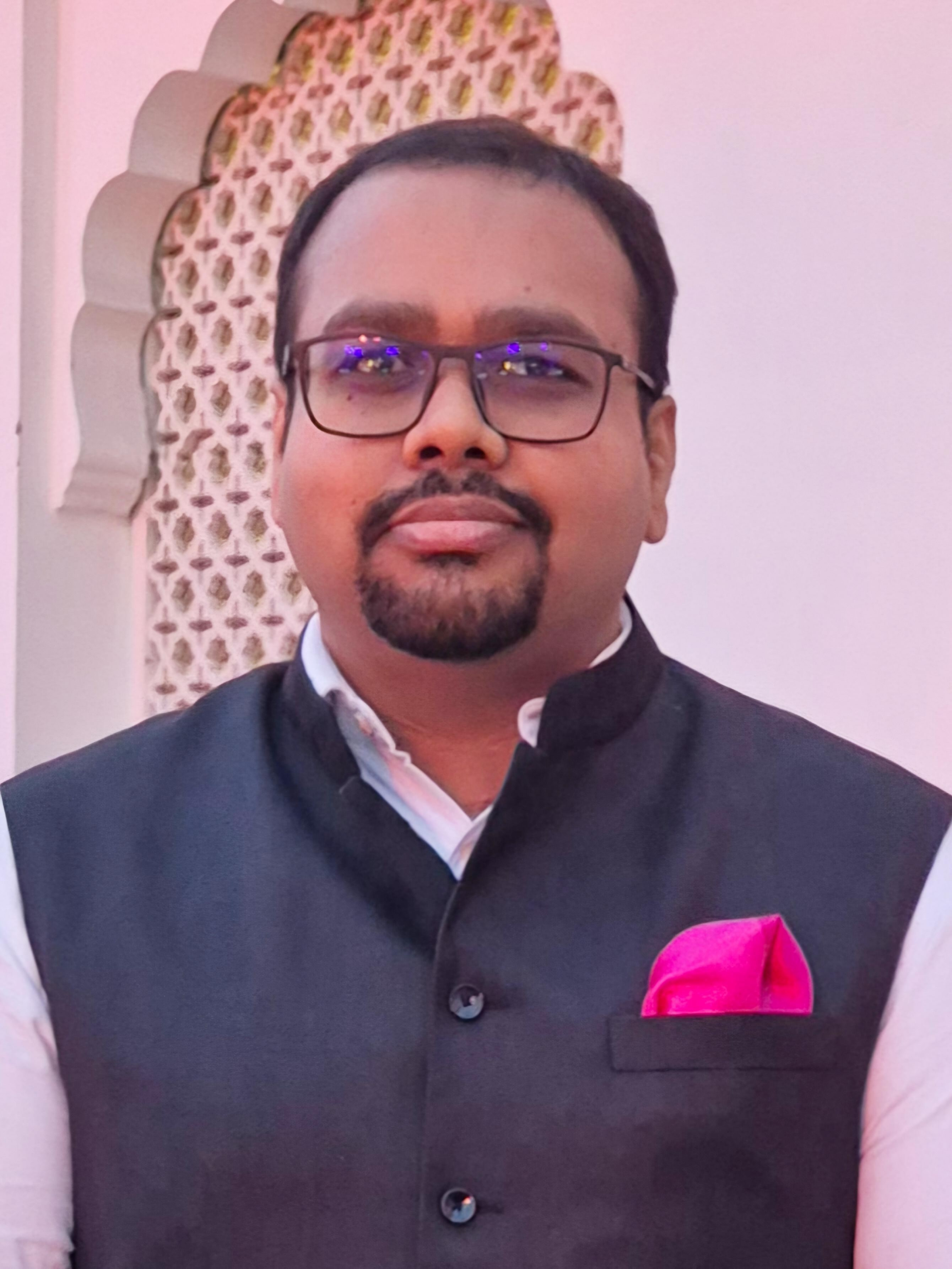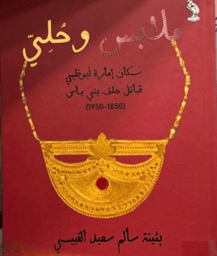Rare Disease Day 2025 - Q&A with Dr Mohit Goyal
Published in General & Internal Medicine

 After attending undergraduate medical school and a residency in internal medicine, Mohit Goyal trained in rheumatology and clinical immunology. He currently works as a consultant rheumatologist and a professor in internal medicine. Areas of special interest are medical academic publishing with publication ethics, spondyloarthritis, extraarticular manifestations of rheumatic diseases and pain in rheumatic diseases. He serves on the editorial boards of various rheumatology and internal medicine journals. He is a founding member of the Collaborative of Indian Rheumatology Editors (CIRE) which conducts scientific writing workshops and leads various other initiatives in the field of medical academic publishing, focusing on the ethical aspects as well. He is coauthor of Rarer Arthopathies- Rarer Arthropathies | SpringerLink, part of the book series: Rare Diseases of the Immune System (RDIS).
After attending undergraduate medical school and a residency in internal medicine, Mohit Goyal trained in rheumatology and clinical immunology. He currently works as a consultant rheumatologist and a professor in internal medicine. Areas of special interest are medical academic publishing with publication ethics, spondyloarthritis, extraarticular manifestations of rheumatic diseases and pain in rheumatic diseases. He serves on the editorial boards of various rheumatology and internal medicine journals. He is a founding member of the Collaborative of Indian Rheumatology Editors (CIRE) which conducts scientific writing workshops and leads various other initiatives in the field of medical academic publishing, focusing on the ethical aspects as well. He is coauthor of Rarer Arthopathies- Rarer Arthropathies | SpringerLink, part of the book series: Rare Diseases of the Immune System (RDIS).
How do you approach and gain insights from the diagnosis and treatment of rare diseases?
It is important to have a balanced approach and neither have too low an index of suspicion for rare rheumatic diseases nor think of rare conditions all the time. It is a good habit to keep revising and updating one’s knowledge of rare conditions and rare manifestations of common diseases. Being an author, reviewer and editor, and having a habit of sieving through the articles published in the relevant speciality journals is of help.
How do collaborations and networks advance research and improve outcomes in rare diseases, and what are your hopes for future progress?
There is usually a paucity of evidence to guide clinical decision-making in rare diseases. Single-investigator and single-centre studies on rare diseases are generally not feasible unless it is at a referral centre for that particular rare these. Collaboration to create a network of high-volume, general rheumatology care centres is possibly the best way to collect data on rare diseases and generate actionable information. With continual advancements in digital connectivity and help from social media, the feasibility of networking and collaboration has improved greatly and is likely to keep improving further in the future. With the availability of cloud-based software with intuitive and artificial intelligence capabilities and seamless user interfaces, entering data has become much easier than before. This has led to collaborations between tens and hundreds of centres across countries and the world. Such efforts have resulted in generating data on over 100 cases of rare diseases from the collaborating centres, which would individually see only one or two patients of these rare diseases over the years.
What are your views about global awareness of rare diseases?
Capacity building in terms of infrastructure, manpower, and resources towards raising awareness is key to the optimum management of national and global health risks. The developing countries offer unique challenges and the priorities of the government and the public in such countries may be different. Capacity building in such countries would require bespoke solutions.
How would you teach rare disease management and raise awareness among future healthcare professionals?
Apart from the inclusion of textbooks in the teaching curriculum in medical schools, it would be a good idea to conduct awareness activities around specific days for each rare disease. These could be awareness talks, competitions and quizzes which could culminate with a bigger awareness event around World Rare Diseases Day.
What message would you share about the significance of addressing rare diseases, and how can individuals raise awareness and support those affected?
Understanding rare diseases and the need for their early diagnosis is important. Enhancing access to care, promoting, research, collaboration and innovation are key. Communities for rare diseases promote empathy and compassion. Individual health professionals can volunteer time to speak to the public and contribute data to promote collaborative research. Individuals from various professions can volunteer and spread awareness in their respective fraternities.
For a selection of journal articles, collections, ISRCTN clinical study registrations and blog posts chosen by our publishers on rare diseases, check out our highlights campaign.






Please sign in or register for FREE
If you are a registered user on Research Communities by Springer Nature, please sign in